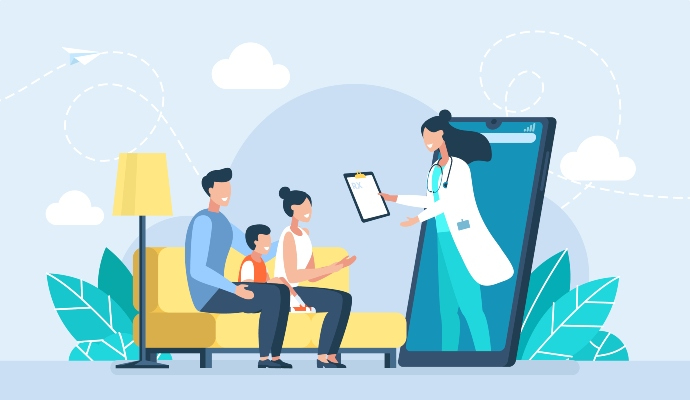Why Phoenix Children’s turned in-House to Create and Deploy RPM Apps

Phoenix Children’s Hospital opted to develop in-house remote patient monitoring (RPM) apps to cater to its pediatric population, aiming to enhance patient experience and clinical outcomes, often overlooked by digital health firms. Recognizing the escalating digital healthcare demands, the hospital chose innovation over partnerships, crafting disease-specific apps to alleviate transportation burdens and enhance care quality. By focusing on data collection between visits, they introduced RPM apps like ketogenic diet therapy, cleft palate tracking, and headache management. Their development process prioritizes problem identification, patient accessibility, and clinician workflow integration. While acknowledging the risks, they value the tailored approach and remain open to third-party solutions if deemed superior. Ultimately, their efforts in pediatric-specific digital health tools reflect a commitment to improving patient and caregiver experiences.
Make faster decisions with community advice
- AI Gets Better At Writing Patient Histories When Physicians Engineer The Prompts
- New Study Evaluates Virtual Reality to Reduce Scanxiety in Brain Tumor Patients
- Revolutionizing Healthcare: Harnessing the Power of IoT Solutions for Improved Patient Outcomes
- Carrum Health Raises $45 Million Series B to Expand Cancer Care Offerings and Launch New Service Lines
- Ethical Guardrails Are Essential To Making Generative AI Work For Healthcare
Deploy this technology today
-
nQ Cortex
Matched with Medical Subject Headings (MeSH): Biomedical Technology, Healthcare IT News: Artificial Intelligence
- NLabviva Platform
- Labviva Platform
- AI Dermatologist Platform
- Armis Platform for Healthcare

